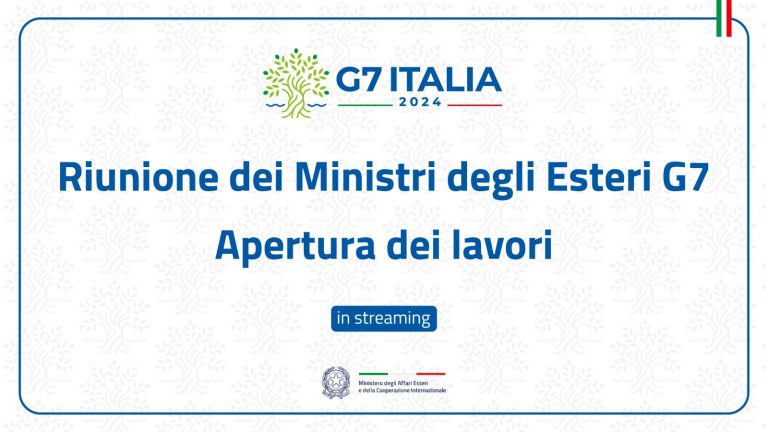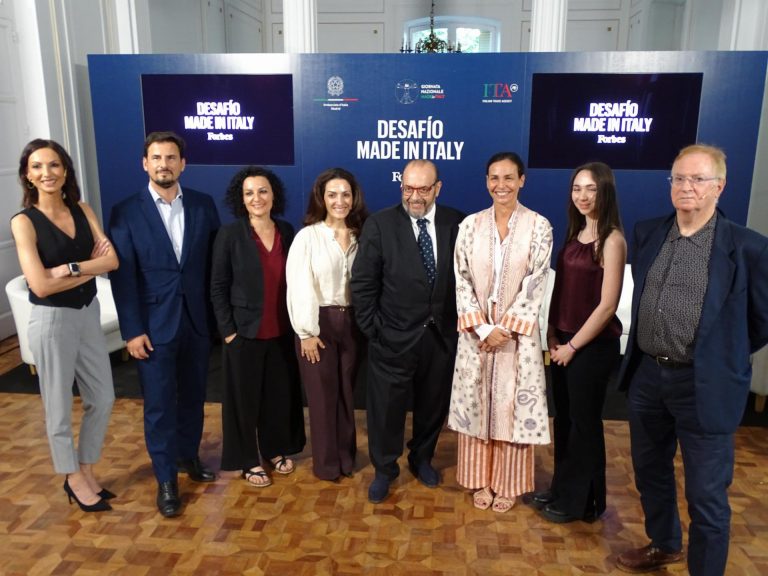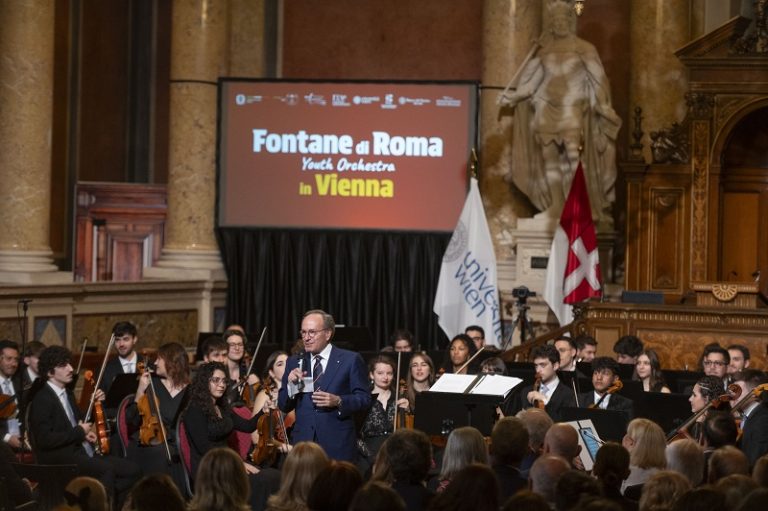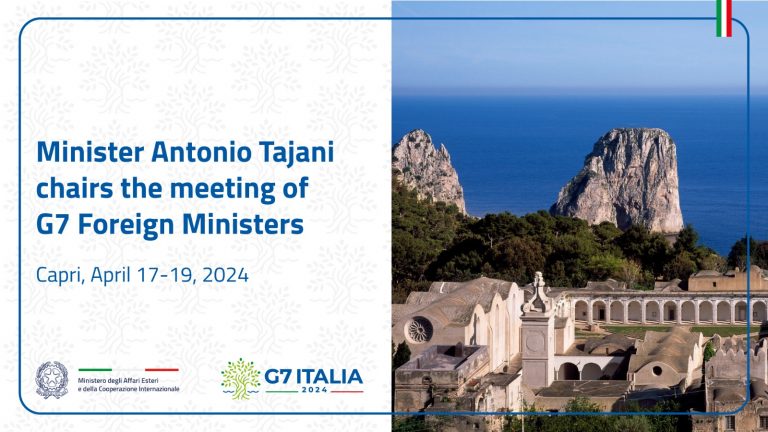Four diplomats chose to resist and to not surrender to the Holocaust. The figures of Guelfo Zamboni, Giuseppe Castruccio, Gustavo Orlandini and Roberto Venturini emerge from the documents gathered for the exhibition entitled ‘Duty Only, Beyond Duty. Italian diplomacy in the face of the persecution of Jews. 1938-1943’. While many diplomats abided by the new legislation, in Greece, France and Macedonia, Zamboni, Castruccio, Orlandini and Venturini succeeded to save hundreds of Italian and foreign Jews through bureaucratic subterfuges. In particular, relying on the fact that in Italy racial laws were not applied to foreign Jews, the diplomats obtained that, upon a principle of reciprocity, Italian Jews be exempted from the racial laws of the countries to which they were posted. In addition, they released “certificates of provisional Italianity” to many foreign Jews, thus freeing them from the threat of being deported.
GUELFO ZAMBONI
Born in the province of Forlì, he was left an orphan at an early age. He enlisted in the army during World War I and, at the end of the war, he graduated in Economics and Commerce and won the public competition to access the diplomatic corps in 1925. After being assigned to a few posts abroad and serving a period at the Foreign Ministry, he arrived in Thessaloniki in 1942, where he remained until June 1943. The Greek city was situated in the occupied zone of Greece assigned to the Germans, with a Jewish population of 55,000 people, 53,000 of whom in Thessaloniki alone. On 10 August 1943, approximately 43,000 people were deported to the Auschwitz-Birkenau complex. In his capacity of Consul General, Zamboni not only protected Italian but also foreign Jews, by releasing certificates of provisional Italianity. In March 1943, he wrote a telegram to the Italian Embassy in Athens: “The clemency of the Italian government is greatly appreciated” and “today the Jewish community requested the benevolent good offices of Rome to obtain that their departure be suspended”. He thus obtained that dozens of Jews, Italian and not, be released from the Baron Hirsch ghetto-camp, as is also revealed in the letters of thanks still on record. Many of his acts are detailed in a diary written by Lucillo Merci, the didactic director of an elementary school who served as an interpreter of German at the Consulate in Thessaloniki. After the war, he advanced in the diplomatic career, being appointed Ambassador in Baghdad and Santo Domingo.
GIUSEPPE CASTRUCCIO
After Zamboni’s departure from Thessaloniki, his efforts were furthered by the new Consul General, Giuseppe Castruccio. He had a versatile personality. A football player in the Genoa team, he graduated in chemistry and, during World War I, he became a blimp pilot and earned himself a gold medal of military valour. He was posted in the United States and later in Brazil and in Istanbul before arriving in Thessaloniki, precisely to succeed Zamboni. In particular, in July 1943, Castruccio succeeded in getting a group of Jews onto a convoy train headed for Athens, which was still in the area under Italian occupation. The documents displayed in the exhibition include a letter by the Consul General to the Embassy in Athens in which he reports having had problems with an officer who reproached him for having had Jews travel on a military convoy train and accused him of not knowing the racial laws. Many of them were taken from the Baron Hirsch concentration camp. On 30 July 1943, Lucillo Merci wrote in his notes that he had saved “from certain death 113 Jews and 323 Italians, or certified as such, who were sent to Athens (the zone under Italian occupation) saving them too from being deported to Poland”. Merci makes no secret out of the fact that “their hands were shaking” when the Germans controlled their documents at the concentration camp. Up to August 1943, Castruccio continued asking the Germans to release Jews with Italian relatives, but they progressively became stiffer. In December of that year, the Consulate was closed and he returned to Rome, where he remained at the Foreign Ministry until he retired in 1953.
ROBERTO VENTURINI
Born in Ancona in 1908, after graduating in Economic and Commercial Sciences, he joined the diplomatic corps in Rome in 1932. After being assigned to Split, Paris and Bizerte, he was posted as Consul in Skopje, in Macedonia. In February 1943, an envoy from Berlin signed an agreement with local authorities to deport 12,000 Jews from Macedonia and Thrace (under the occupation of Bulgaria) by that May. In March of that year, Venturini sent a letter to the legation in Sofia using heart-rending tones to give an account of the house-to-house searches for Jews in Skopje who were then sent to concentration camps. He reported “guards relying on any pretext to use the whips they carry with sadistic energy”. He went on to describe “Jews very late in life and in serious health conditions obliged to leave their homes and transported on primitive carts”, people who “literally live from hand to mouth”; “in addition to the concerns for their extremely uncertain future and for the grief of having lost all their belongings, the 9,000 deportees were also subjected to truly unnecessary suffering out of improvidence or pure brutality”. He added that the Bulgarians showed “the most utter contempt for the most elementary humanitarian principle”. As in other cases and in other Countries, Venturini tried to free Italian and non-Italian Jews from being deported. In a brief written immediately after the war, the diplomat reported having succeeded to save from deportation to concentration camps and therefore from certain death “five members of the Modiano Family, thirty or so Albanian Jews and 73 Spanish Jews”. Venturini was called back to Rome in 1944. After the war, he advanced in the diplomatic career and served as ambassador in 1973.
GUSTAVO ORLANDINI
Born in Venice in 1898, he graduated in Economics and Commerce and Consular Sciences. After serving at the General Commissioner’s Office for Emigration in Bardonecchia, Turin, Ventimiglia and Paris, he served in the consular service in Paris in 1937. Testifying to his activity as Deputy Consul and Consul, there is a letter by Renzo Bolaffi, professor at the University of Camerino, dated 15 April 1945: “He successfully put his good offices into exempting Italian citizens from the application of restrictive provisions and the serious police measures adopted both by the Germanic authorities and the Vichy Government. He thus avoided Italian citizens from being obliged to wear the ‘yellow star’ emblem and this also turned out to be an indirect advantage for the Jews of other nationalities (for example, Spanish or Hungarian) whose Consulates, encouraged by the Italian example, obtained the same treatment for their citizens”. Orlandini, continued Bolaffi, “proved to be acting free from all bias and, actually, through his absolutely independent judgment.” From September 1943 to February 1944, he was imprisoned in Vittel and Salsomaggiore. He returned in service at the Foreign Ministry in 1946. He ended his career in 1963, after having served in Rabat, Lyon and Port au Prince.






